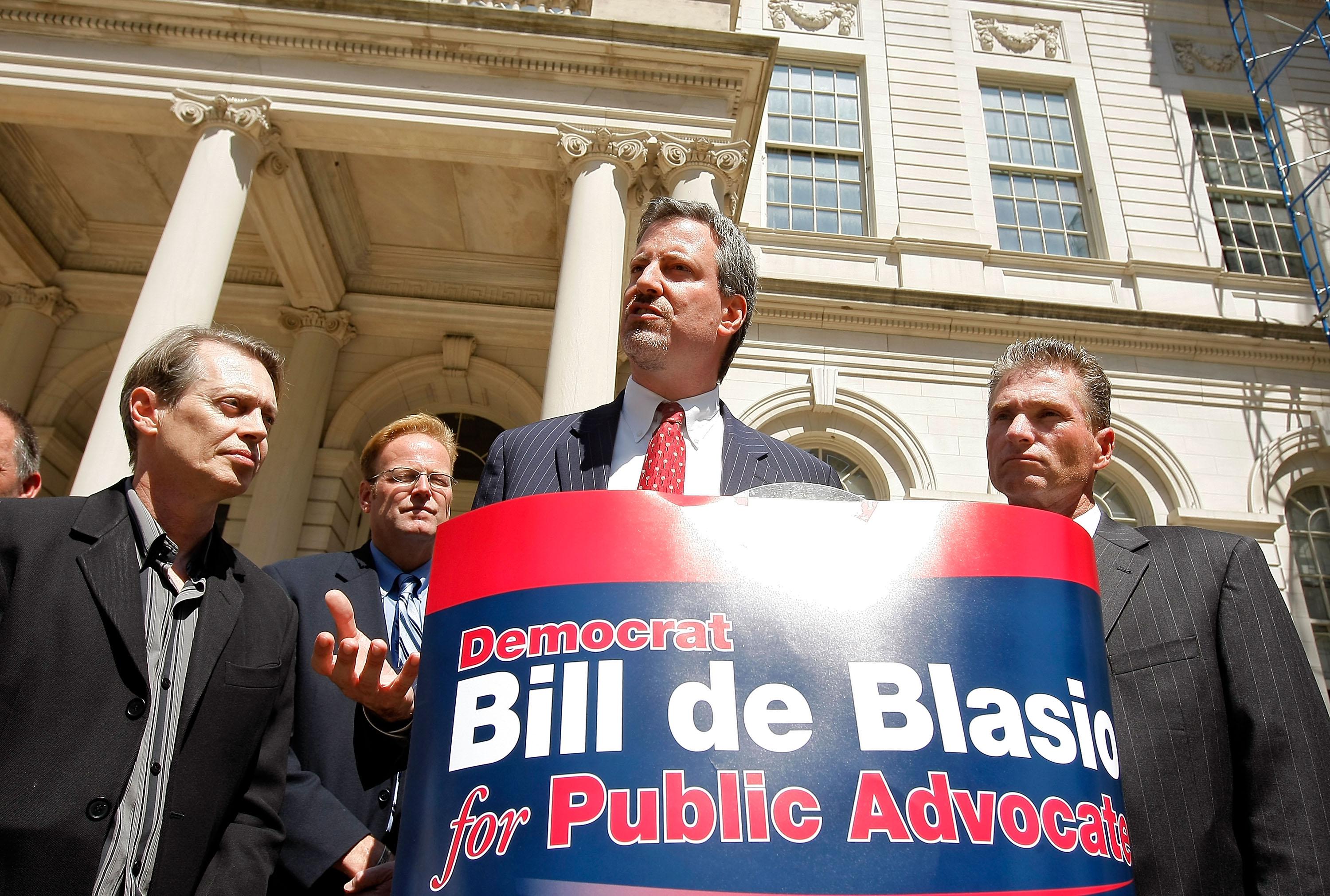Laura Kusisto at The Wall Street Journal has a good report on New York City mayoral candidate (and now frontrunner, I guess) Bill de Blasio’s record of support for real estate development projects and the tension between that record and his image as a left-wing anti-business candidate.
My view is that this is one of the best things about De Blasio, a candidate I originally started hearing about from development enthusiasts I know in New York. If there’s a tension between a pro-development stance and progressive politics, then I’d say so much the worse for progressive politics. What I can say for sure is that there’s no tension between a pro-development stance and his campaign’s focus on inequality:
For some, however, Mr. de Blasio’s support for new high-rise towers—even with more affordable housing—is dissonant with his campaign’s theme of easing income inequality. As a City Council member in the Park Slope section of Brooklyn, Mr. de Blasio was a strong supporter of the three major Bloomberg-backed development projects, including the project known as Atlantic Yards, which critics say has hastened gentrification and helped deepen the economic divide in that area.
You can start to get into very complicated neighborhood-level discussions of amenities and spillovers and the difference between gentrification and displacement and all the rest, but I really think it’s important to start at the simplest level. If you have a city whose geographical boundaries aren’t expanding, and that city is located in a country whose population is growing, and that city is also a global destination in a world whose population is growing, and if quality of life in that city is improving in terms of safer streets and better transportation and schools, then there are really only two things that can happen. One thing that can happen is that the quantity of physical structures inside the boundaries of that city can increase, in order to accommodate the increasing number of people who would like to live there. The other is that the fixed pool of physical structures inside the boundaries of that city can all get bought up by the richest people around.
There’s no other way around it. You can try to keep Brooklyn affordable by making Brooklyn a place where nobody wants to live (Detroit is very affordable) but if it’s going to be a place where people want to live, then it will only be affordable if new buildings are built. There’s a lot of possible nuance around taxes and affordable housing set-asides and inclusionary zoning and all the rest and it’s great for politicians to debate that stuff. But at the end of the day, if you’ve succeeded in making your city a place where people want to live and work then you need to allow for the construction of places for people to live and work. People who can’t see past their desire to emotionally affiliate with the anti-business side of an argumen to see that have no business running a city.
